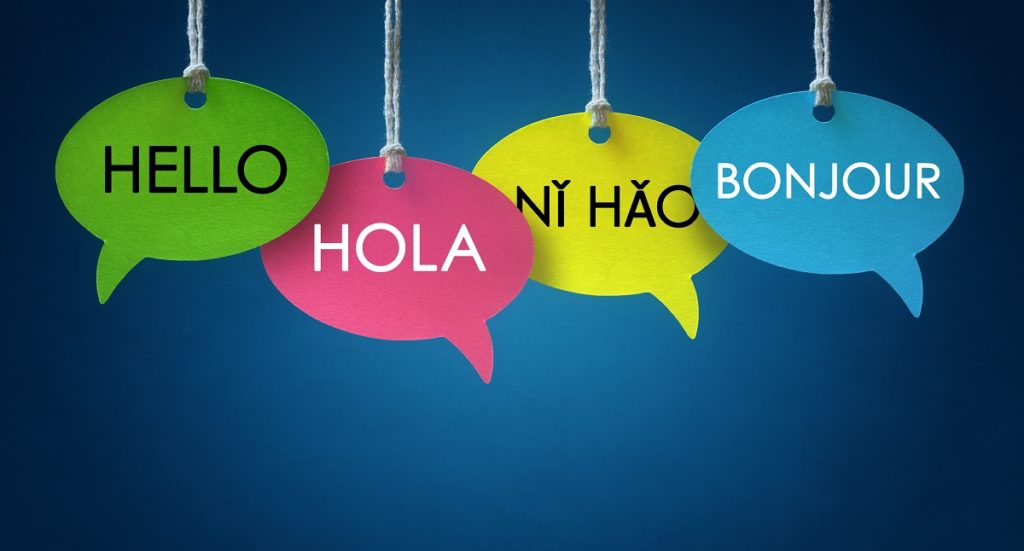Choosing One Language Over Another
When you speak two or more languages, you only have time to speak some of them. Most bilinguists and multilinguists are forced to spend more time on one language than another. Some are harder to understand than others and take more time to learn. Some people have personal preferences as to which language they like best.
The more languages you learn, the less likely you’ll speak all of them fluently. There could be only two or three that you speak fluently and others in which you understand only the basics. In this case, you’ll benefit more from using translation services for further assistance.

Listening and Speaking
Most people struggle with listening and speaking components. They are more likely to master writing and reading because the words appear on paper. However, it’s harder for them to understand spoken words in normal conversations. Some people talk very quickly, while others mumble, and the words do not appear in visual forms, so it’s harder to know the words being said.
Confusion of One Language for Another
It’s also easy to confuse the words and phrases of one language for another. When you’re learning two or more languages at the same time, instead of one at a time, it’s easy to have these mix-ups. Some are derived from the same parent language. Spanish and Italian are Romance languages that share similarities, such as similar pronunciations, vowels, and consonants.
Finding the Right Translation Service
As people learn to speak new languages, they need assistance now and then. An online, automated translator works but only halfway. Many phrases cannot be translated fully and must be done manually. Find resources that are designed to verify that your translations are correct.
Besides learning the language yourself, your primary responsibility is finding the right translation service that fits your budget and personal needs. Some companies provide legal, religious, medical, and conference translation services in all industries. Regardless of your career, find a professional to read your translated documents, checking for errors you didn’t catch. You may need a translation that is spoken out loud to help with pronunciation.
Everyone admires bilinguists and multilinguists, even those not interested in languages. Learning different languages takes special talent, patience, and hard work. It’s still important to focus on the problems that face people who learn. When you become focused, you save time and effort, learn faster, and expand your scope of knowledge.
FAQs
What are the challenges of speaking multiple languages?
One of the main challenges is the need to prioritize one language over another due to time constraints. Mastering two or more languages fluently is difficult, and most people tend to focus on only a few while relying on translation services for others.
Why is listening and speaking harder than reading and writing in language learning?
Listening and speaking are more challenging because spoken words vary depending on the speaker’s speed or clarity, and they don’t appear in a visual form like writing. This makes it harder for learners to grasp the words quickly in normal conversations.
How can language learners avoid confusing similar languages?
When learning similar languages like Spanish and Italian, it’s important to practice each language individually and pay attention to their distinct features. Learners may confuse languages with shared roots, so separating study time can help reduce mix-ups.
Why is it important to find a professional translation service?
Automated translators can be useful but often miss context and nuances. Professional translation services provide accurate translations and help ensure that your documents are error-free and culturally appropriate, especially for legal, medical, or business contexts.

